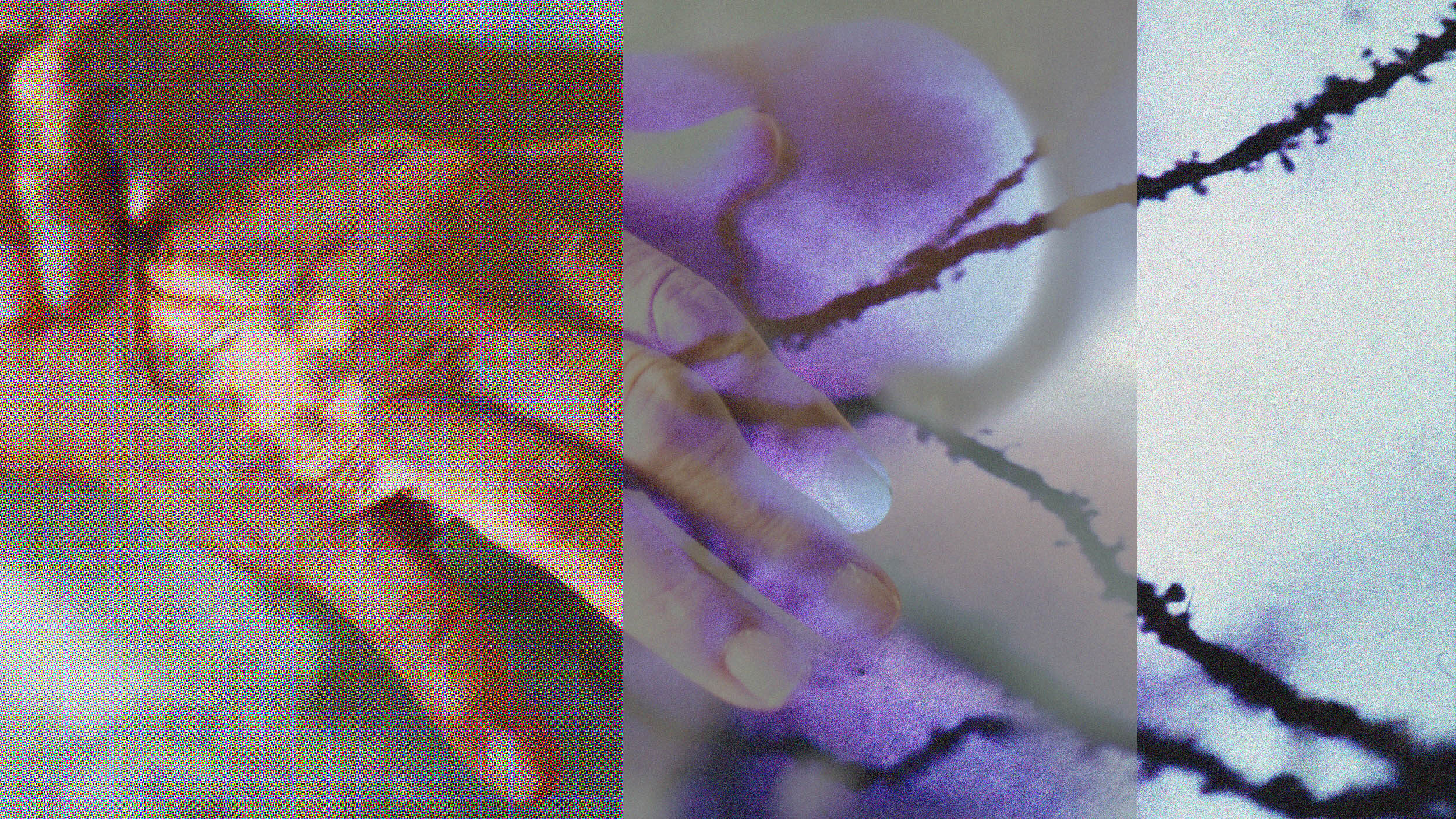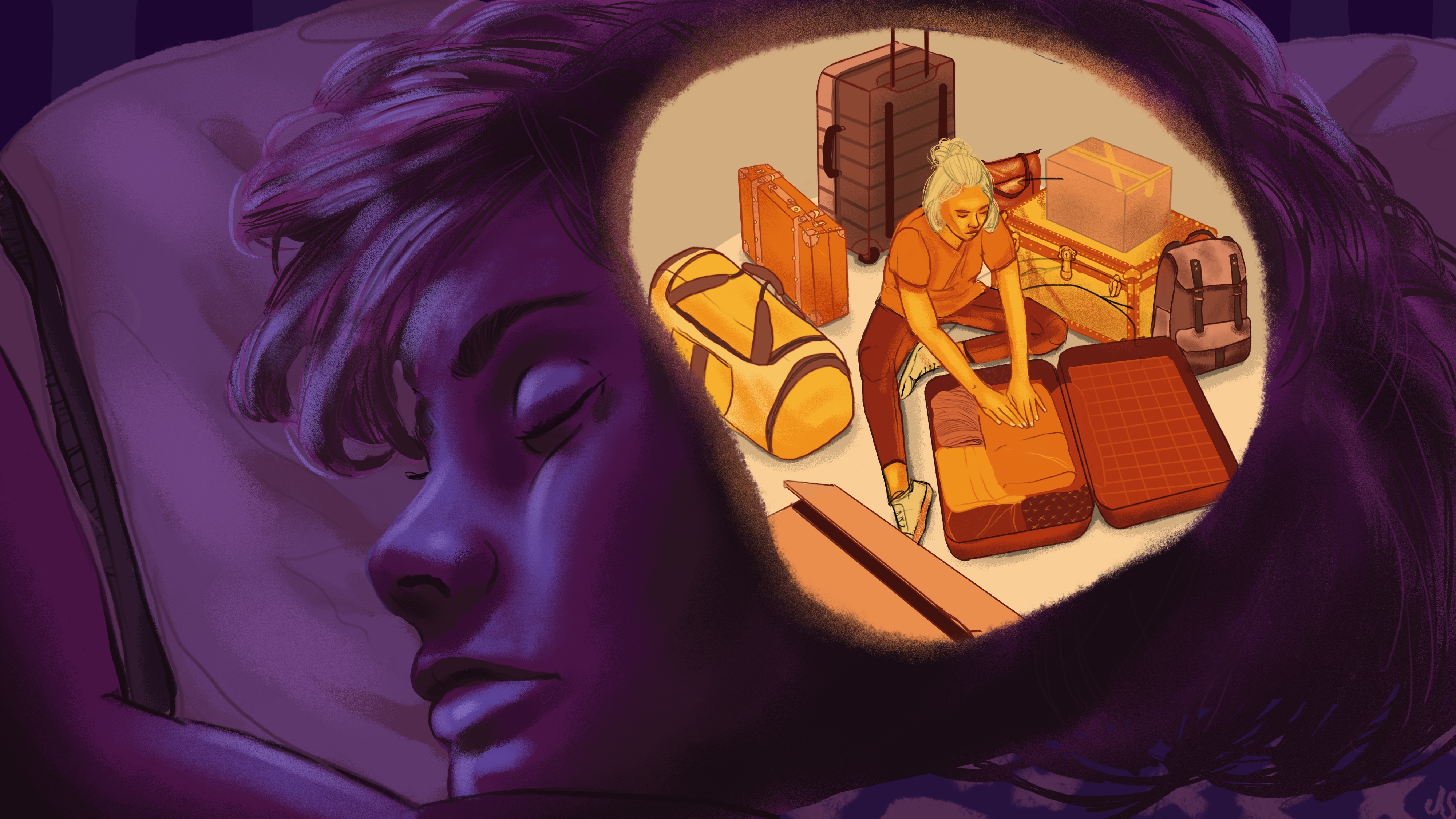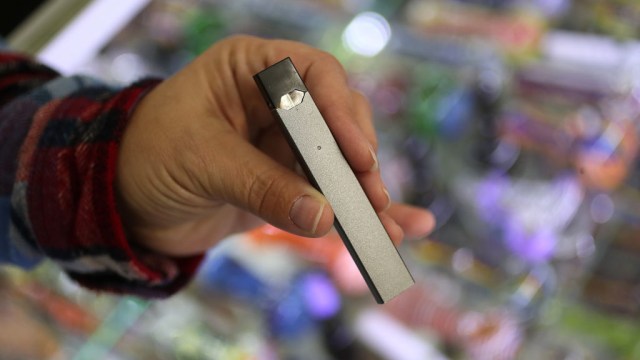Johns Hopkins opens center for psychedelic research

- Johns Hopkins University’s School of Medicine has had a psychedelic research group since 2000.
- Funded by a $17 million donation from a number of private donors, the university will be able to open a new center.
- This comes on the heels of an increasing acceptance of psychedelic research and use.
Johns Hopkins University’s School of Medicine recently announced it’d be launching the largest psychedelics research center in the world. Its new Center for Psychedelic and Consciousness Research was funded by a $17 million donation from a group of private donors. Doctors and researchers at the center hope to learn and examine whether these psychedelic drugs will be able to treat conditions such as depression and opioid addiction.
In recent years, there has been an increased interest in psychedelic research and recreation. A number of tech entrepreneurs have jump started this once-dynamic discipline.
Paul B. Rothman, dean of the medical facility at Johns Hopkins University’s School of Medicine is on record stating, “Our scientists have shown that psychedelics have real potential as medicine, and this new center will help us explore that potential.”
The school has maintained a psychedelic research group since 2000, but this new initiative will allow them to conduct greater investigations and delve deeper into the psychedelic expanse.
The field has largely been a string of disconnected researchers ever since counterculture legend Timothy Leary and company began investigating the substances in the 1960s.
Progressive psychedelic research
LSD, psilocybin, mescaline and a number of other psychedelics have been illegal in the United States for a number of decades. A small trickle of studies have come out in the intervening years showing that they may be effective medical treatments for a number of issues. This has shifted public perception considerably.
Earlier this year, Denver became one of the first cities in the United States to decriminalize magic mushrooms – the mushrooms that have psychoactive makeup of psilocybin. They did this after consulting research which suggested the compounds in mushrooms could be beneficial for treating anxiety and depression experienced by cancer patients.
A host of these psychedelic substances are still listed as Tier 1 illegal drugs in the United States, which means they’re on part with much more harmful drugs like heroin and cocaine.
The new funding for this facility will help spur a five year research study to find out whether or not psilocybin can also treat alcoholism, PTSD and a few other complex mental conditions.
Primarily, they’re looking to figure out the physiological effects of the drug on the brain and body. This will transfer over when it comes to treating opioid addiction and even Alzheimer’s disease.
In reference to the new organization, Dr. John Krystal, chair of psychiatry at Yale University, stated, “This is an exciting initiative that brings new focus to efforts to learn about mind, brain and psychiatric disorders by studying the effects of psychedelic drugs.”
The center at John Hopkins has been producing some amazing research for years. As they’ve explored the potential of psychedelics and other recreational drugs for psychiatric problems, they’ve found evidence to suggest that ketamine and its related compounds could help to treat depression.
Breaking the psychedelic taboo
The history of abuse related to psychedelics has kept a great deal of researchers at bay for years. Evidence is mounting for claims that psychedelics have a positive effect on treating a host of these mental issues, but experts are still cautious. Psychedelic treatments can’t be used in a double blind experiment in the same way most drugs are tested, that is because participants will know right away whether or not they’re experiencing the placebo or the real thing.
Dr. Guy Goodwin, a professor of psychiatry at Oxford mentioned the infamous Leary trials and the debacle that followed in the sixties and beyond.
“It raises the caution that the investigation of hallucinogens as treatments may be endangered by grandiose descriptions of their effects and unquestioning acceptance of their value. Timothy Leary was a research psychologist before he decided the whole world should ‘Turn on, tune in, and drop out.’ It is best if some steps are not retraced.”
A lot has changed during that time. Messianic inklings and a cultural shift of epic proportions helped swell the psychedelic revolution of the era. If we can somehow incorporate psychedelic research in our modern institutions, we may get a second chance to do it all over again.
So far 2019 has been a banner year for psychedelic research and access. On top of Denver decriminalization, there was also the vote that decriminalized entheogenic plants in Oakland, California.
The university announced in a press release:
“The group’s findings on both the promise and the risks of psilocybin helped create a path forward for its potential medical approval and reclassification from a Schedule I drug, the most restrictive federal government category, to a more appropriate level.”
John Hopkins’s new center will be able to continue on the research and hopefully push forth the federal government towards a more equitable and fair treatment of psychedelic use and study.





